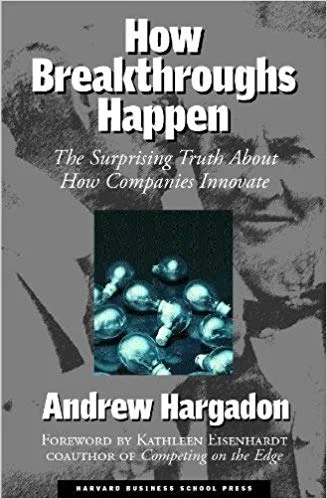Here's more books that come recommended by our President and CEO, Kathryn Wood.
You can find the most recent additions to the Bookshelf on our Resources Page.
Governing the commons - Elinor Ostrom (2015)
I am still a bit confounded with the apparent lack of uptake of this Nobel prizewinner’s description of a ‘middle way’ in the governance of natural resources. Typically, there are two schools of thought: “let the state do it” and “let the private sector do it”. Neither approach has seemed to work (just take a look around)! Ostrom lays out a framework for “self-organizing and self-governing” that essentially puts those most affected by resource-related governance decisions at the centre of those governance and management processes. This is not a naïve or utopian plan; Ostrom directly incorporates the legitimate interests --- and self-interests --- of multiple parties, and gives real-life examples of places where the middle way has worked. A great resource for anyone working across public-private sector lines. My thanks to David Fell for recommending this book.
Launch - jeff walker (2014)
This book is now a classic for “selling almost anything online”. Walker lays out the step by step approach anyone can use to launch almost anything online. But I think his methods go beyond the online world. I especially appreciated his advice on how to get your potential customers to join you in the product development process and how to generate demand ---- and potentially even cash flow --- for your product, before it actually hits the street.
The big pivot - andrew winston (2014)
Written from Winston’s experience with very large private sector firms, he articulates both the evidence for, and the urgency of, our collective need to change our approach to business strategy. Winston is clear in warning business that the way we currently operate will not help us keep pace in a rapidly-changing world. He describes that challenges for large companies in trying to make the ‘big pivot’ but also notes that smaller organizations can use virtually all of the same strategies. And I would add… probably implement them faster.
Lean Start Up - Eric Ries (2011)
Written for tech-sector entrepreneurs, Ries’ methods for embedding continuous innovation into organizations is applicable to any business in any sector. The emphasis is on organizational learning through rapid, structured ‘experiments’ to advance the business quickly. If more start-ups and small businesses operated with a lean start-up mindset, odds are the high failure rate for these businesses would decline.
Where Good Ideas Come From - Steven Johnson (2010)
An insightful summary of what history tells us about the patterns behind genuine innovation. Johnson’s work is one of the earlier efforts to distill what we know about good ideas and originality into useful approaches to such structures as innovation hubs.
How Breakthroughs Happen - Andrew Hargadon (2003)
Hargadon’s work on the strategies and work practices of groups and firms with enduring innovation capacity is focused on larger firms, particularly how innovation capacity can be seeded within the organization, and how the structure of internal relationships encourages or discourages innovation.
The Regis Touch - Regis McKennA (1985)
I have never forgotten McKenna’s real-life examples of the importance of observing --- and learning from --- your potential customers pre-purchase interactions with your (and competitors’) products. I suspect McKenna was doing user testing before it became ‘a thing’.







